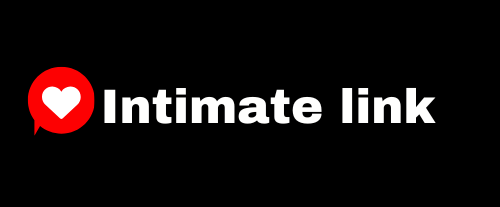Stalking and harassment can be frightening and dangerous, particularly for sex workers who may already face stigma and a lack of institutional support. At Intimate Link, we believe that every sex worker deserves to feel safe and empowered. This guide explores the risks of stalking, how to recognise the warning signs, and steps you can take to protect yourself.
What is Stalking?
Stalking is persistent, unwanted behaviour that causes distress or fear. It can include:
- Repeatedly contacting you via calls, messages, or emails
- Monitoring your movements or online activity
- Turning up at your workplace or home uninvited
- Making threats or intimidating you
- Harassing friends or family to reach you
Sex workers are particularly vulnerable to stalking due to the nature of their work. Clients or admirers may develop an unhealthy obsession, refusing to respect boundaries.
Warning Signs of a Stalker
It’s important to recognise the early signs of stalking. These may include:
- A client trying to engage with you outside of agreed services
- Persistent messages or calls, even when ignored
- Unwanted gifts or excessive compliments
- Someone repeatedly booking you, even after you have set boundaries
- A client turning up at places you frequent, despite not being told where you are
These behaviours may start subtly but can escalate quickly. Trust your instincts—if something feels off, take it seriously.
How to Protect Yourself from Stalking
1. Set Clear Boundaries
- Be firm with your rules and expectations from the start.
- If a client becomes obsessive, cut off communication immediately.
- Do not engage in personal conversations beyond what’s necessary.
2. Limit Personal Information Sharing
- Use a work phone and email separate from personal accounts.
- Avoid revealing personal details such as your real name, home address, or daily routine.
- Be cautious about geotagging locations in photos or social media posts.
3. Keep Records of Suspicious Behaviour
- Save messages, emails, and call logs from unwanted contacts.
- Note dates, times, and details of any harassment or stalking incidents.
- Screenshots and recordings can serve as evidence if legal action is required.
4. Use Privacy and Security Features Online
- Block unwanted contacts on all platforms.
- Adjust privacy settings to limit who can see your profile and posts.
- Use a VPN to mask your IP address when working online.
5. Report and Seek Help
- If a stalker persists, report them to Intimate Link so we can take appropriate action.
- Contact police or organisations that specialise in helping sex workers facing threats.
- Consider joining support networks like National Ugly Mugs (NUM) for expert guidance.
6. Work from Safe Spaces
- If possible, work from a secure location where others are present.
- Arrange check-ins with a trusted person when meeting new clients.
- If you feel unsafe, leave the situation immediately.
7. Trust Your Instincts
- If something feels off, take precautions.
- Never feel obligated to engage with a client who makes you uncomfortable.
- Your safety is always the priority.
What to Do If You’re Being Stalked
If you believe you are being stalked, take the situation seriously. Here’s what you can do:
- Stop All Contact – Do not respond to messages, even to tell them to stop.
- Document Everything – Keep a record of all interactions, including times and dates.
- Increase Security – Change passwords, block numbers, and enhance home security if necessary.
- Seek Support – Reach out to sex worker advocacy groups, the police, or legal professionals if needed.
- Warn Others – If the stalker is a client, consider sharing their details within trusted sex worker communities.
Support for Sex Workers Facing Stalking
At Intimate Link, we prioritise the safety of our users. If you experience stalking or harassment, please report it through our platform so we can take action. You are not alone—many organisations offer help, including:
- National Ugly Mugs (NUM) – Provides support, reporting tools, and alerts about dangerous individuals.
- ClientEye – A platform where sex workers can report problematic clients.
- Changing Lives’ Net Reach Programme – Offers advice and support for online-based sex workers.
Your Safety Comes First
Sex work should never come at the expense of personal safety. By taking proactive measures, setting clear boundaries, and knowing where to turn for support, you can reduce the risks of stalking and harassment.
For more safety tips, visit our Sex Worker Safety Hub, where we share expert advice on protecting yourself while working.
